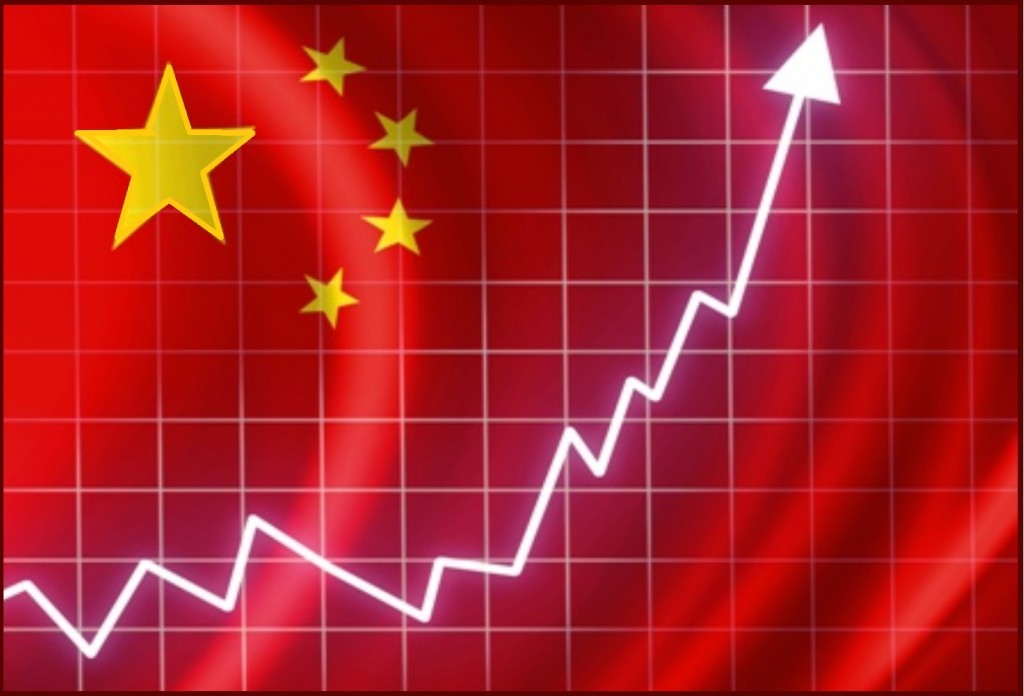China’s economy will grow by around 6.7 percent in the second quarter of 2016,on a par with that recorded in the first quarter, a leading think tank said in a report Monday.
The State Information Center, an institution affiliated with the National Development and Reform Commission, predicted that with infrastructure investment and the real estate sector gaining steam, the Chinese economy is likely to stabilize in the next six months.
The country’s GDP grew 6.7 percent year on year in the first quarter. The growth furthernarrowed from the previous quarter’s 6.8 percent, which was already the lowest quarterly ratesince the global financial crisis.
The State Information Center said indicators including output of cars and crude steel, powergeneration and industrial value-added have shown the economy beginning to stabilize.
The government will spend 1.2 trillion yuan ($187.5 million) on infrastructure this year, andthat will attract further investment worth 6 trillion yuan, according to the report.
Meanwhile, land and housing sales continue to increase. Although the property inventory isstill excessive, the report sees real estate investment picking up in the short-run.
The State Information Center singled out the service sector as a bright spot. With consumerspending on leisure, healthcare and information services increasing, the service sector shouldexpand at around 7.5 percent in the second quarter, it said.
While consumer demand is stabilizing, slower income growth and the lackluster job marketcast a long shadow. The report estimated retail sales of consumer goods will grow by around10.5 percent in April-June period.
The State Information Center foresees exports shrinking about 8 percent in the secondquarter due to the underperforming global economy, rising production costs and a strongerChinese currency.
The decline in imports is likely to narrow to about 10 percent as global commodity pricesbegin to rebound.
The report warned that aggregate supply outweighs demand. Excessive industrial capacity and inadequate private investment still pose challenges to the economy.
